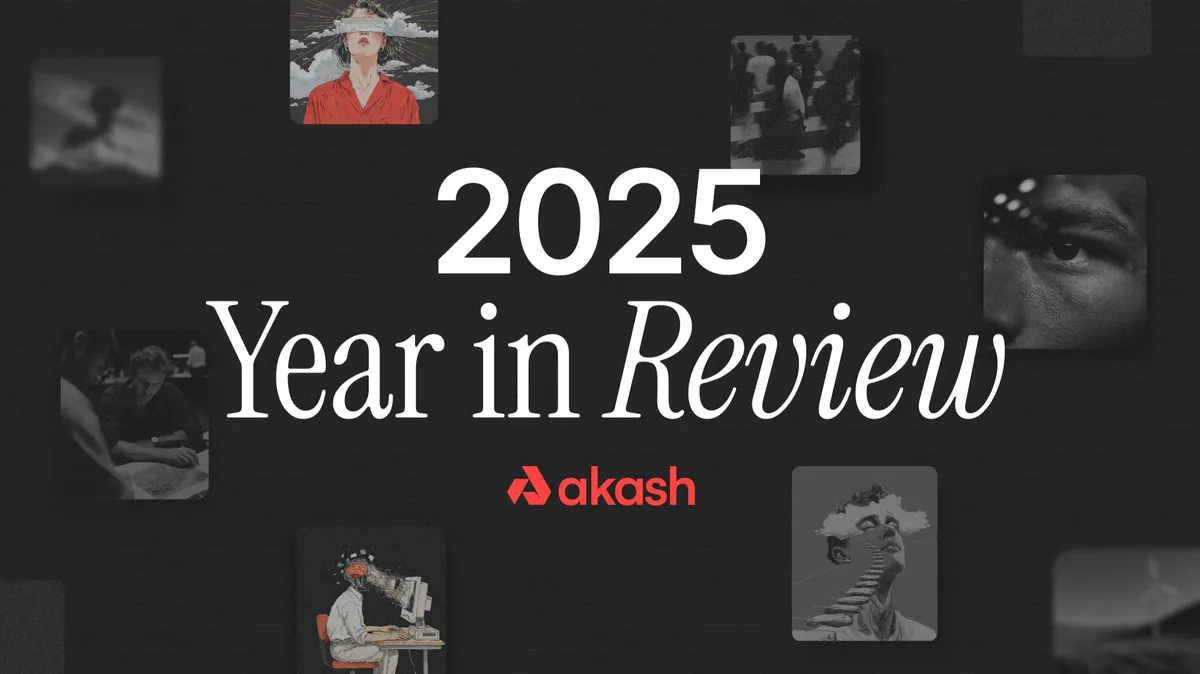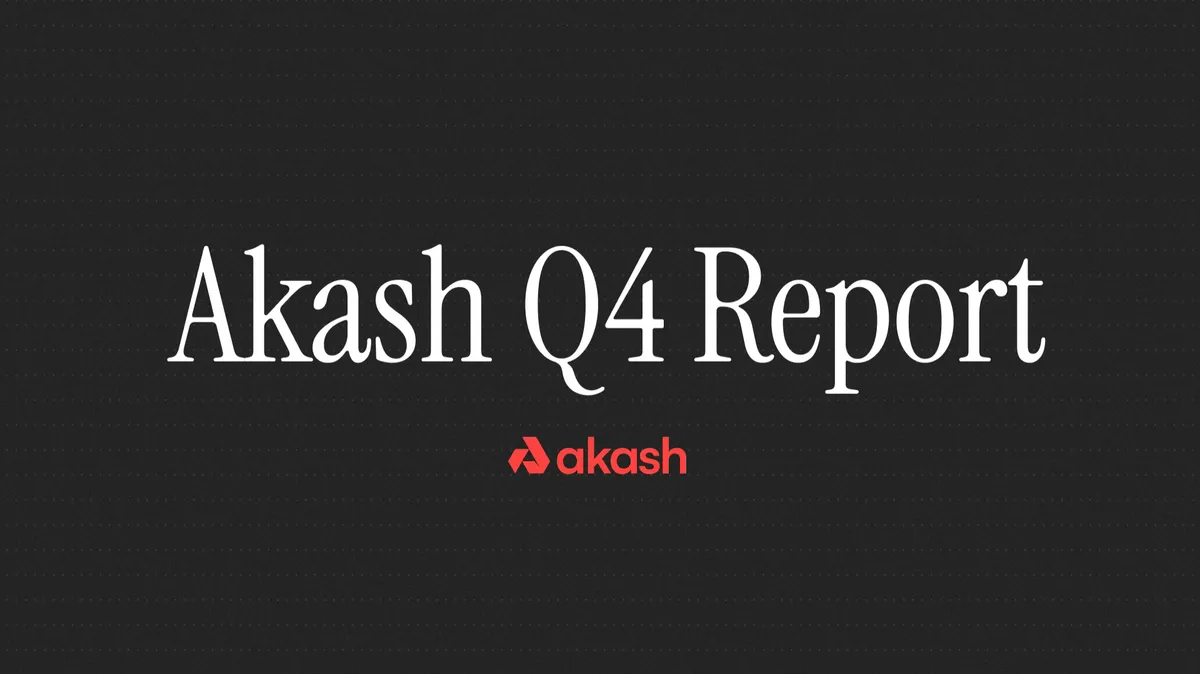
Akash Weekly Spaces is a regular effort hosted via Twitter Spaces to update our community about the ins and outs of Akash Network’s developments. Follow us on Twitter to be notified when Akash Weekly’s are live.
On this Spaces: CEO of Overclock Labs, Greg Osuri, and Anil Murty, the Head of Product at Overclock Labs go over ecosystem updates, product updates, and the Akash adoption plan, phase by phase.
Introduction
Anil Murty is our new Head of Product at Overclock Labs. He is an Engineer turned Product Manager who has a passion for building products that serve deeply-technical users. He’s worked on products, ranging from consumer hardware, enterprise hardware, software, SaaS, and most recently cloud-native developer and observability tooling.
Prior to Akash, Anil worked on cloud-native products at Hashicorp where he was involved with building products for people that are monitoring their services running on the cloud; relevant experience that will help bring Akash forward.
Ecosystem Updates
Akash hits a new record with adoption, seeing an all-time high in resource utilization and AKT expenditure 🚀🚀🚀.



We attribute this uptick to our partnership with the Chia Project, a new blockchain and smart transaction platform, as well as the \(0.10 plots on Akash, currently offered as a part of our Summer Sale. This is a steal compared to the\)0.40 plots often found using traditional cloud services.

The Praetor App streamlined provider deployments, and it now includes persistent storage. Persistent storage, as a newer feature on the Akash Network, is still somewhat expensive simply because there aren’t enough providers who currently offer it. Praetor is continuing to come up with innovative ways that simplify persistent storage enablement on Akash and we anticipate more and more providers offering this feature in near future. To learn more about Praetor App, click here. Praetor is now called Akash provider console

Proposals of Akash Community
- Proposal 22 seeks to fund Moultrie Audits, an infrastructure auditing development group focused on decentralized Cosmos SDK protocols. View the full proposal, here.
- Proposal 23 will officially transition the Community Awards Board to the Akash Accelerator. View the full proposal, here.
- Proposal 24 is a vote on funding for Akash Accelerator. View the full proposal, here.
Akash Product Updates
- IP Leases will go live later this month, allowing providers to provide static IPs that you can tie to your services, expanding the use cases of Akash Network.
- Akash is currently undergoing a major restructuring of the code that takes care of onboarding for new providers, ultimately making it easier to troubleshoot provider issues.
- Akash Network is looking into a sandbox environment for developers. This would be something that you can integrate and test with Akash without having to deploy or spend any AKT.
- We’ve begun work on the final product plan on how to support GPUs on Akash Network over the next few months.
- Akash Console (in the works) is a user interface that will be completely web-based and low-friction, making it possible for both technical and non-technical users to use Akash, thus lowering the barrier to entering the world of Web3.
Adoption Plans

As outlined above, phase one focuses on attracting our immediate community, Cosmos users, and then Web3 communities at large. We chose to target Cosmos users initially because they already understand and are engrained in the ecosystem. This allows us to provide value to them immediately while validating our model for adoption. If you look at the ecosystem page made by our community (thanks, Akashians!), you see top Cosmos projects within DEX, NFT, and gaming vertices like Osmosis, Strangeclan, and more, that are choosing Akash Network over Amazon.
Phase 2 will be focused on data-intensive applications because, in general, it’s extremely expensive to run GPUs on the cloud. Sourcing the underutilized GPUs, once the Ethereum merge happens, is going to be a major milestone and proof point as a unique value proposition that Akash can provide to the world.
Phase 3, once we solve for cost, we plan to move to the performance. We plan to enhance performance by expanding our network reach from the 35 providers we have now to hundreds, and then thousands over multiple regions to cover a larger footprint than the current, centralized cloud providers can do. Akash is building something fundamentally different - we are not building data centers, people with data centers come to us and at some point, Akash will be the fastest network because of this coverage.
Phase 4 is mass adoption. Once you have the fastest performance at the lowest cost, along with product and service layers complete, we can create a very compelling argument for Web2 to make the jump over to the decentralized cloud through Akash.
Below is a quick outline of topics discussed, we invite you to dive deeper into the original recap here on our YouTube Channel.


